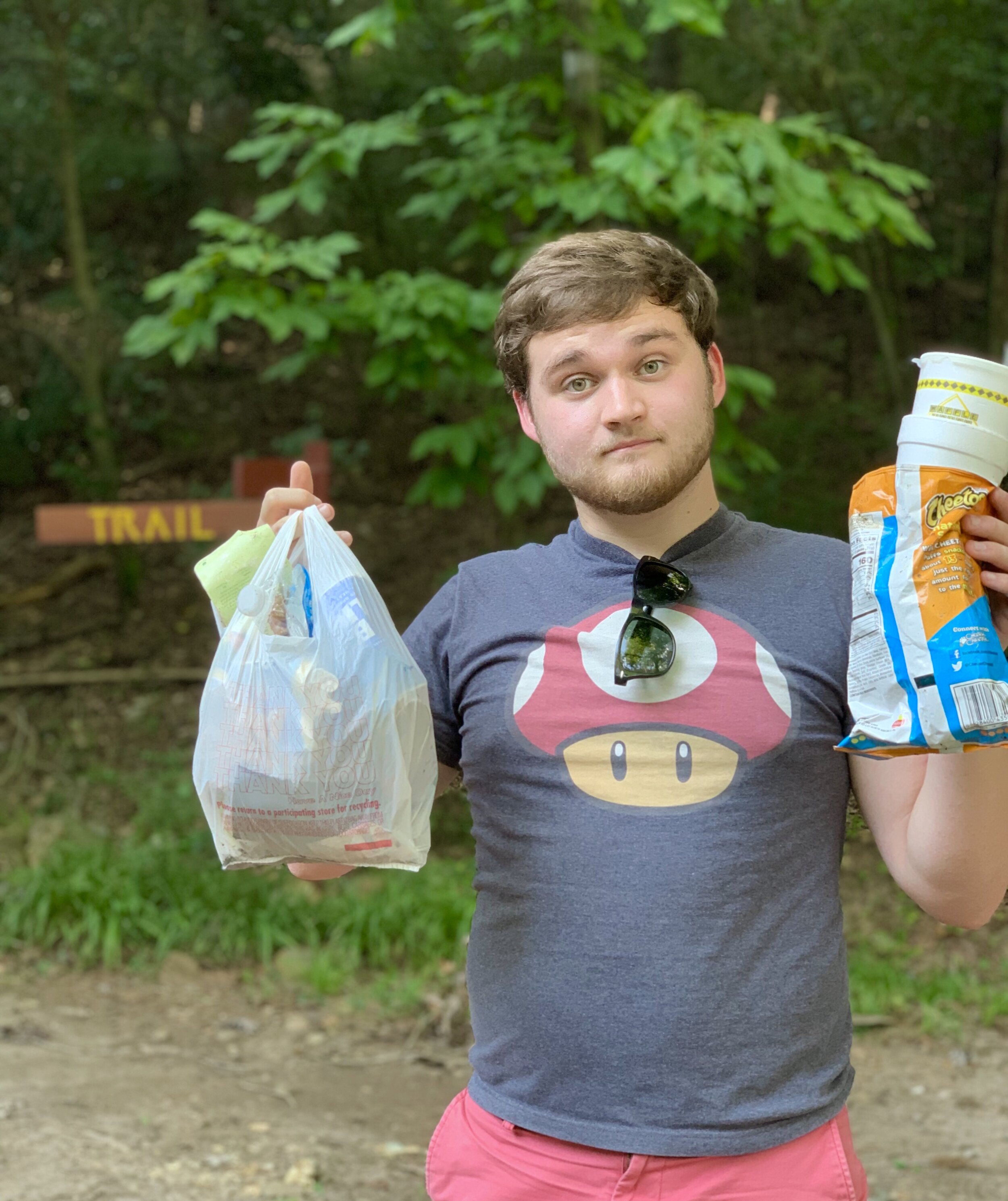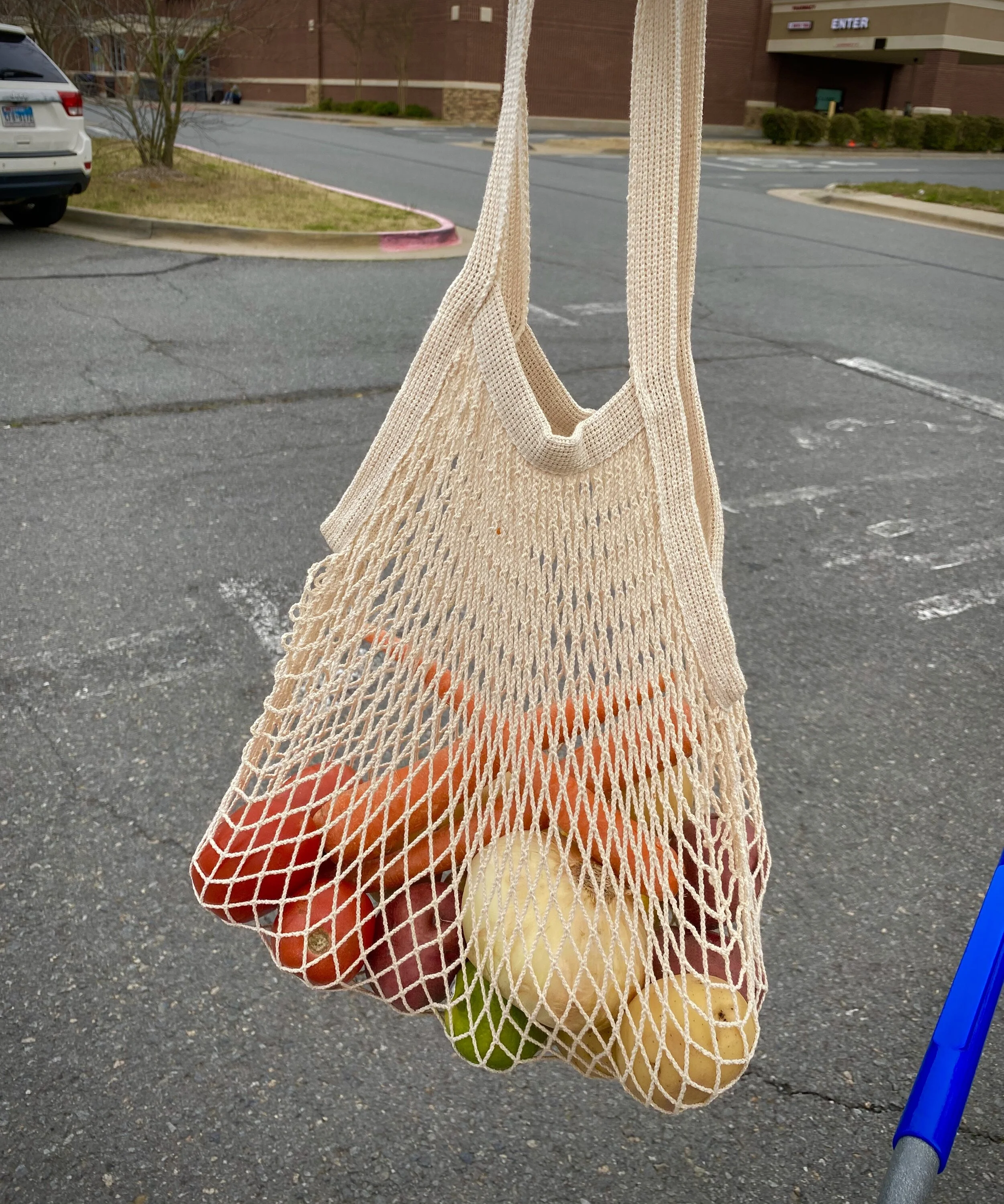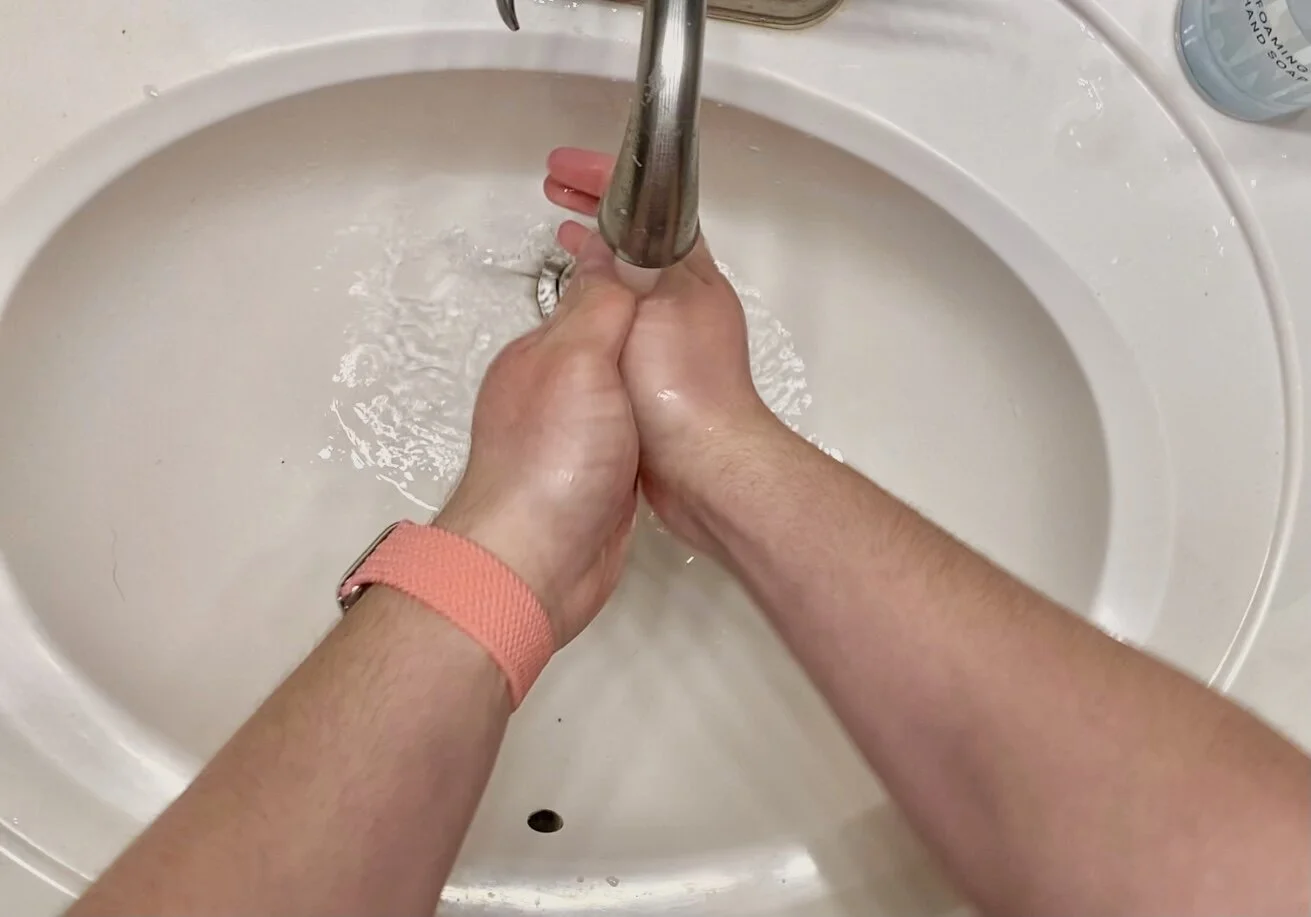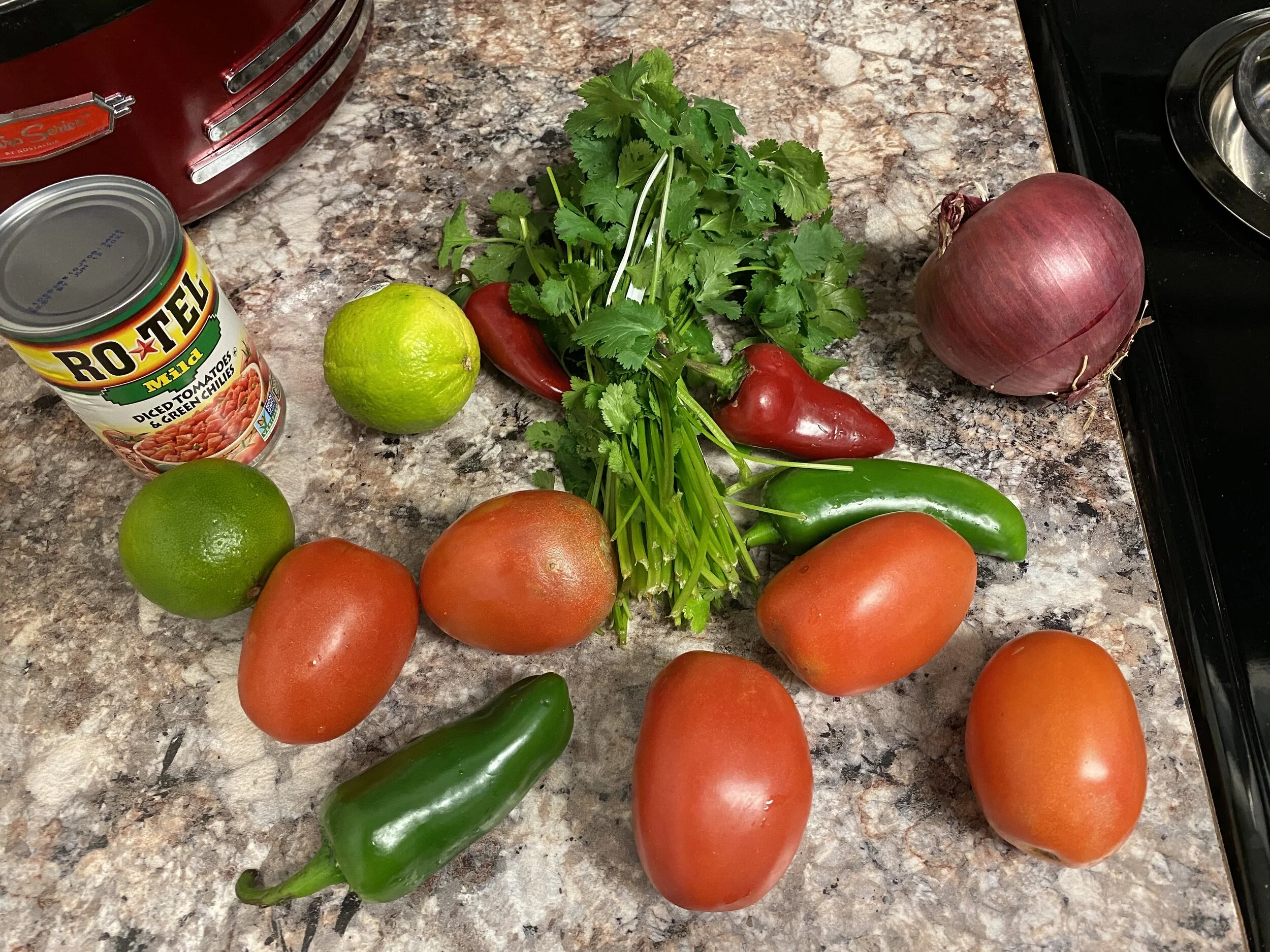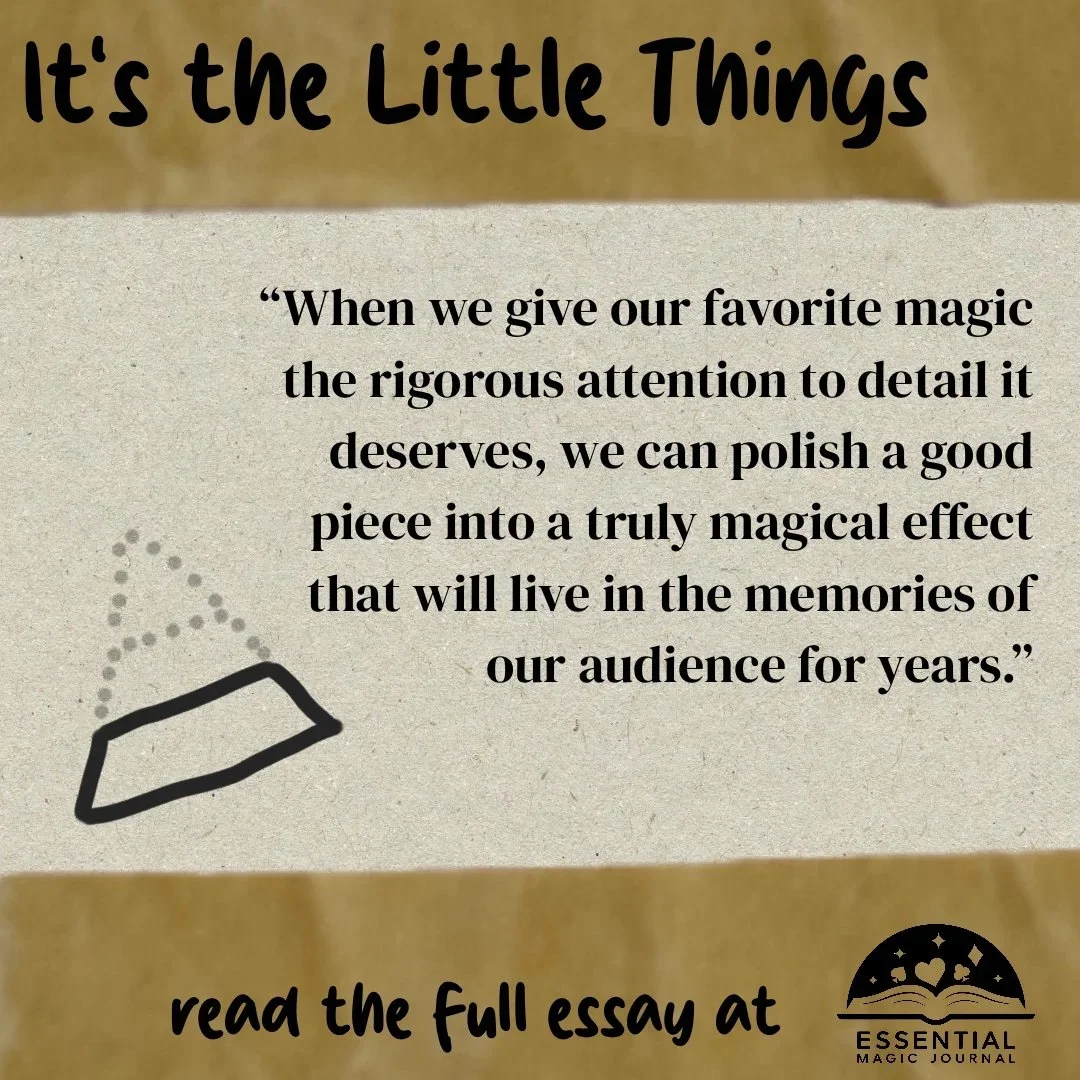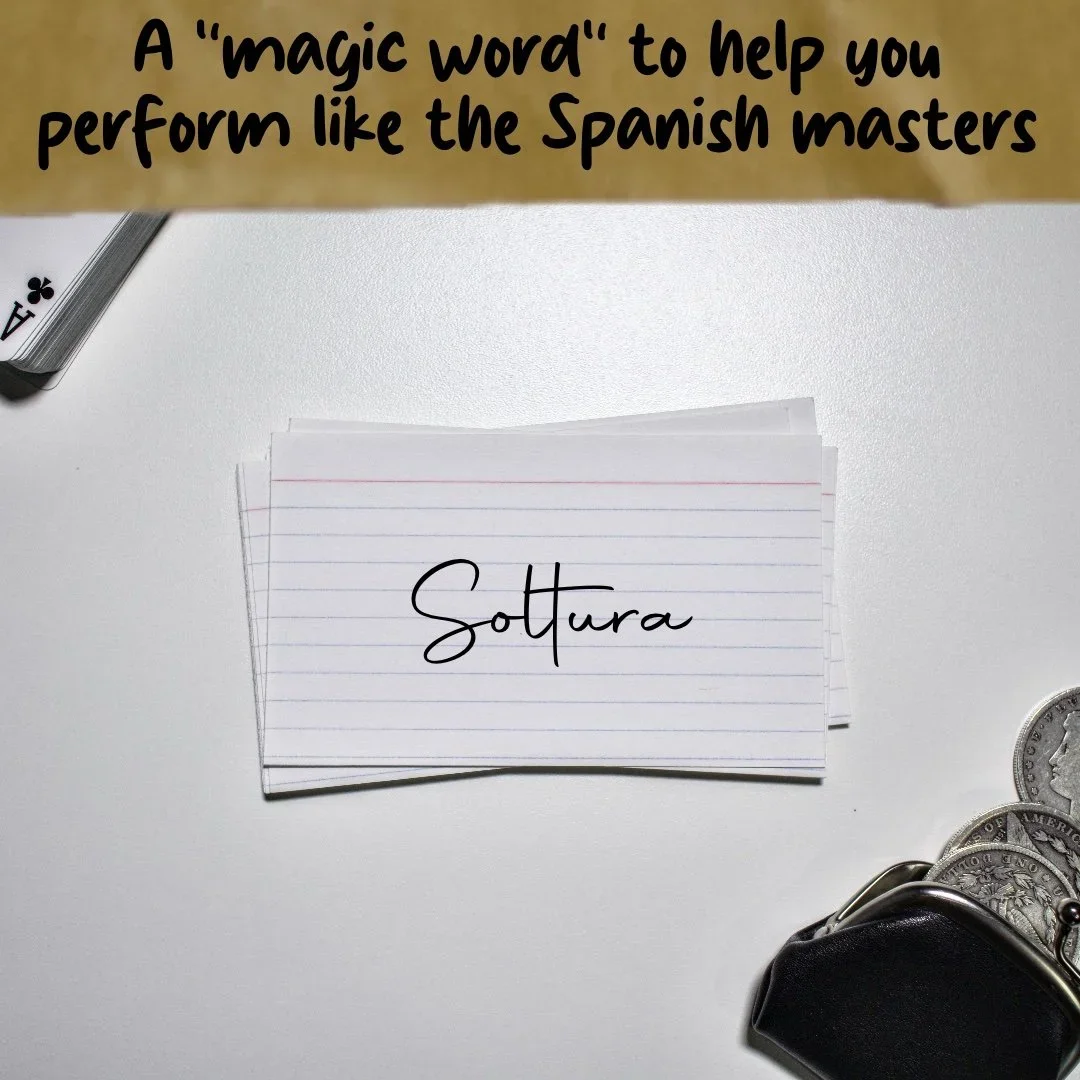3 Easy and Free things you can do TODAY to help the planet
One of the values I’m eager to share, and that I hope can inspire others, is my commitment to helping the planet. But sometimes, when I talk to people about this topic, I hear things like “that’s too expensive” or “I don’t have time for that” or “I’m just one person—I won’t make any difference anyway.”
Although there might be some truth behind these objections, everybody has the ability to do a little better, and I think these kinds of excuses are really just what we tell ourselves so we don’t have to feel guilty for not trying. You might not feel like you can do much, but when more people are making easy, small-scale efforts to do better by our planet, it will make it even easier for us to tackle some of the bigger problems that are keeping us from doing our best for the planet—problems like a society that values cheap, low quality goods made in dire working conditions, a culture that leads to our feeling so busy that taking a few minutes to sort your recycling seems like too much to ask, and unaccountable companies that don’t have to think about how to solve any of the issues they’re causing.
Until then, there are plenty of things you can be doing, today, that are effortless, don’t cost a dime, and will allow you to start doing your part to help the planet.
The first habit you can start today is to simply refuse single-use plastics you don’t need. Some employees at grocery or retail stores just loooooove giving out a free plastic bag, even when it’s not needed. Sometimes you are just picking up one or two things, and you may have even carried them up to the register. When they start to place it in a bag, you can just say “Oh, no thanks, I don’t need a bag,” and carry it yourself (while you’re at it, if there’s an option to get a digital receipt without printing one, do that too). This tip also works with things like plastic straws or individual condiment packets, especially when you’re picking up takeout or having your food delivered. Most people are able to drink from a cup without a straw (and those who need a straw can invest in a reusable one), and you likely have your favorite condiments at home. It might seem small, but over time, by simply refusing things you don’t really need, you can save a lot of plastic from ending up in the street (where animals might find it), in our waterways and oceans, or in a landfill, where it will still be around long after you’re gone. So plan ahead when you know you might be going somewhere, and practice saying “Oh, no thanks, I don’t need that <insert single-use plastic here>.” And as always, if you have a reusable replacement (a straw, cup, grocery bag, to-go container), use that instead!
The second thing to try is an extension of advice you’ve probably already heard before: turn the water off while you’re brushing your teeth. This is a great tip, but there’s no need to only apply this rule to teeth-cleaning. Almost all cleaning is done by getting your object wet and soapy, doing some scrubbing, then rinsing it off—and for most of the cleaning time, running water isn’t needed. So it doesn’t matter what you’re washing, if you notice clean water going down a drain, turn it off til you need it! When I’m showering, for example, I like to rinse myself off, get my soap all foamy and wet, then I turn the water off while I’m cleaning my body. Once I’m all lathered up, I turn the water back on to rinse off. The same principle can be applied to washing dishes, washing your hands, or really washing just about anything. Get the thing and the cleaning supplies wet and soapy, turn the water off, do the cleaning, then turn it back on to rinse. It doesn’t take any extra time or effort, and it’s not just saving water—it’s saving money too.
Finally, another way to help the planet and save yourself a little cash, is to reuse your kitchen scraps. You can save pieces of leftover meat / bones or vegetable scraps to make broths, which not only gives a little extra use to something you were going to throw out anyway, but it saves you from having to buy broth on your next grocery trip too! It’s also surprisingly easy to regrow some of the plants you might be tossing out. If you have some potting soil or a place outside to plant things, you can regrow all kinds of kitchen goodies—peppers, tomatoes, jalapeños, carrots, sweet potatoes, lettuce, celery, onions, garlic, herbs, you get the idea. You can get a lot of extra value by just letting your scraps produce new plants for you. You can even start regrowing some herbs—like cilantro, basil, parsley, and others—indoors, with nothing but a jar of water! So take a look at what you’re throwing away next time you make dinner. You might be throwing away seeds, a part of a plant that can sprout more edible pieces, or lots of flavorful components that you might not want to eat, but would make excellent broth! When you’re throwing away a piece of a plant, take a minute to search online how you could regrow it—you’d be surprised how simple it might be to get some free food out of it!
None of these tips require a lot of effort or time, and all of them are absolutely free (and might even save you extra money!). And even though they might seem small, if a lot of people just implemented these three practices, over time, they would have some awesome effects for our planet. You really don’t have any excuse not to try them out. If you have questions about any of them, or want to know what else you can be doing, reach out! I’d love to hear from you. Have fun saving the planet!


